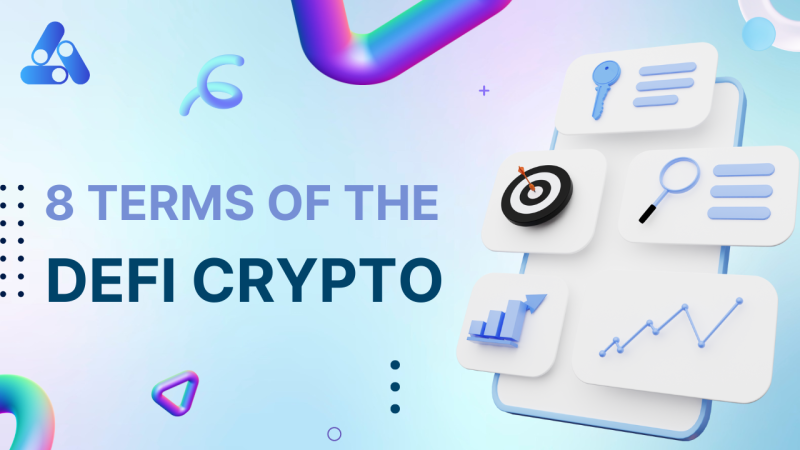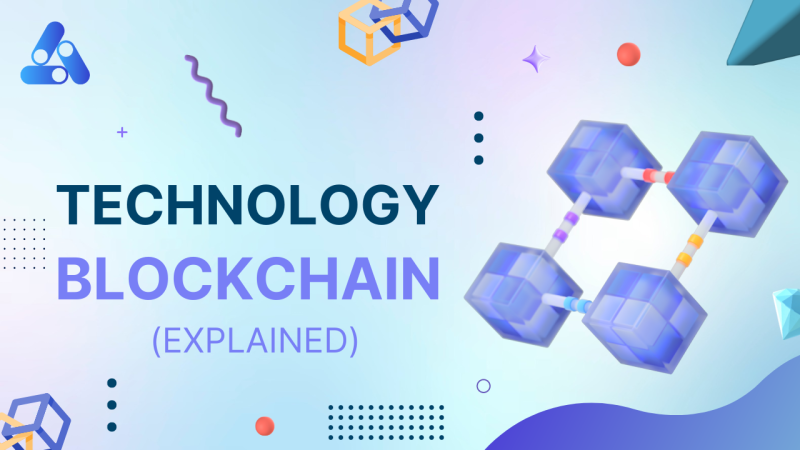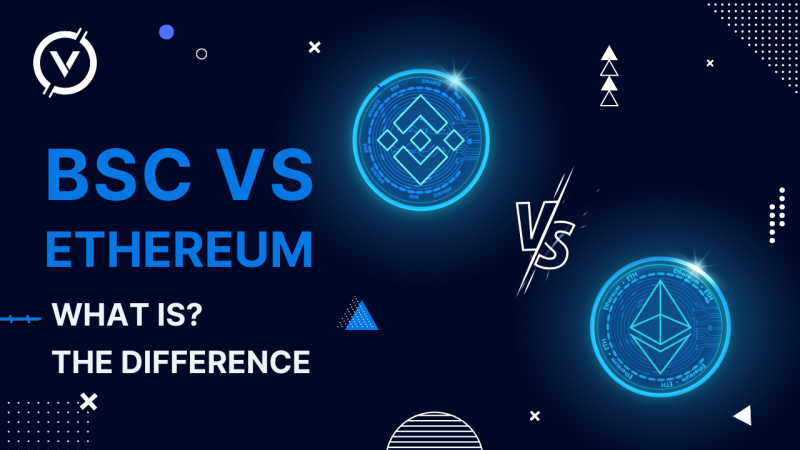As you know, Ethereum has primarily opened and democratized the blockchain, and that is how we started hearing about the famous "smart contract."
It was first discussed in 1994 with a post by Nick Szabo, a notorious cypherpunk.
It is an introduction to the field of online digital payment. He also collaborated with David Chaum, the inventor of electronic money "E-Cash" in the 1990s.
However, smart contracts become a reality only with Vitalik Buterin and his White Paper. It is in particular, thanks to the possibility of linking cryptocurrencies.It is also why Ethereum is not the only protocol used to create smart contracts. Smart contracts may be deployed on different blockchains. However, because of Ethereum's popularity and simplicity of implementation, we have produced the most intelligent contracts.
Definition of a smart contract
Remember that they are computer programs that cannot be modified once executed to define smart contracts better. It is exactly the case because it is published on the blockchain. They will then follow a set of predefined rules to work automatically.
Thus, the contract is performed by a third party and a lawyer in the real world. It is how contracts can be determined. Verification is done by a third legal institution, a fortiori. Only, on the blockchain, this external organization no longer has room to validate the contract's validity. It can be done automatically through the power of computer code. It is why Lawrence Lessing's expression "code is law" is used in this context. The expression became popular because it perfectly sums up the situation. For example, it's the equivalent of a notarial contract, but in a digital copy.
It is precisely what smart contracts are for: to create a genuine contract on the blockchain for real-world usage.
Consider the following example:
The contract will function following a certain causal connection. If "x" happens, "y" will happen. In mathematics, we say, "if this, then that." For example, if someone contributes x to the blockchain, they will get y.
It can send, validate, or carry out an agreement between two (or more) parties. They are kept on a distributed blockchain.
It is the simplified version of smart contracts. Many smart contracts are more complex, and there are no limits except for the human imagination. There are very strong ambitions for entrepreneurs, and we are already seeing that smart contracts are interested in relatively complex systems. Suppose there is already a whole set of legal rules built into the smart contract. In that case, we will generally move instead to the DAO (Decentralized Autonomous Organization), and these prove more suitable for anything to do with governance in general.
DAOs are another interesting and equally useful substrate of Ethereum. There are more and more projects elsewhere in this field. For now, this is still in the beta phase for most DAOs
How does a smart contract work?
Usually, when you define anything, you should understand (at least somewhat) how it works. Unlike conventional contract execution, all contract validation processes are recorded on the blockchain. It is how all operations are kept secure and transparent to everybody. As a result, we cannot alter, update, remove, or monitor a process. (This is unique to the blockchain and does not necessarily apply to smart contracts.)
As a result, we may develop smart contracts in various domains that are valuable. For example, we saw with the firm RealT that smart contracts enable blockchain-based real estate purchases, and everything is then automated. Purchase and resale transactions are recorded, and thus, no one can monitor or change this data. In reality, anybody may leave. The blockchain ensures contract fulfilment and even identifies who owns certain assets. Do you think something like a cadastre, for example, maybe useful?
Because it is based on computer code, we eliminate the issues associated with manual human jobs. These are prone to mistakes, misunderstanding, and sluggishness.
Most of the time, smart contracts adhere to standards, the most prominent and commonly utilized ERC-20. It is, in fact, ERC-20, and it is the most often used smart contract. It explains why ERC-20 tokens account for the overwhelming majority of tokens. On the Ethereum network, this sort of smart contract enables the generation of tokens (tokens).
We also learned through this benchmark that Ethereum has the potential to alter our lives or, at the very least, enhance large sections of our economy.
What are the advantages of the smart contract?
Security
Another significant benefit of smart contracts is that they are safeguarded on the blockchain. Unlike traditional contracts, they cannot be falsified. In truth, there may be methods to edit the data on the blockchain, but doing so would imply possessing more than 51 percent of the network's power, which is quite unlikely.
Reliability
A smart contract will operate on the network automatically. We will then be able to achieve an agreement between the two parties. We are certain that both sides have reached an agreement because of openness and immutability. There will be no mistakes or corruption, as is all too frequently the case now.
Speed
Contract execution is exceedingly rapid because there is no middleman, let alone a person. A notary or lawyer is not required to define or validate a contract; the smart contract will do it automatically.
What are the disadvantages of smart contracts?
There can only be advantages, you will tell me!
However, the benefits are so huge and bring so much efficiency to our systems that the downsides seem small by comparison.
The biggest drawback is that there may be defects in the computer program. In the article explaining Ethereum, we saw that the big hack was precisely the origin of the fork in the original Ethereum Classic (ETC) blockchain.
Far from a purely technical error, it turns out that sometimes, for certain projects or sectors, human presence is useful, if not necessary. Sometimes, human governance is not necessary to validate smart contracts but judge them if a unique situation exists.
The solution seems to come with DAO for this question, and it's still a topic that many people are working on.
However, there are still clans. Some do not want any human intervention in the blockchain, while others find it necessary and useful.
Conclusion
In truth, smart contracts are still in their early stages, but they have a very bright and spectacular future ahead of them. Many decentralized applications are being developed in the medical and insurance sectors and the supply chain (pharmacy, food processing, cosmetics, medication and food, and so on).
Certainly, more and more blockchain ventures will emerge in the future years. We are overjoyed! We will transition from paper contracts to digital contracts to improve corporate efficiency. In general, it is the person who will profit the most since it will greatly simplify his task.


